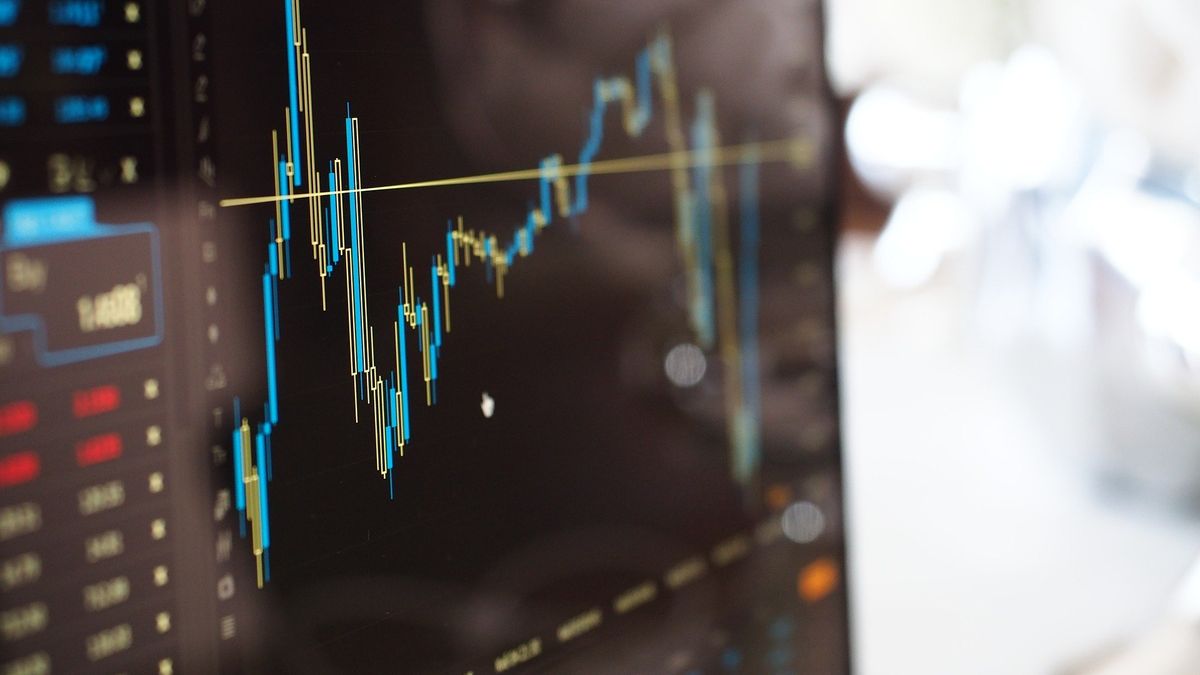In the meantime, On Wall Street, Transportadora de Gas del Sur and Tenaris lead the increases, with rises close to 5%.
Oil prices soared more than 5% in London on Monday on fears of shortages after a deadlock in Ukraine peace talks and rising tension in the Middle East.
In this context, Argentina’s oil production increased in February to 571,000 barrels per day, compared to 570,000 in January, which is the highest figure since December 2011, according to the Ministry of Energy.
Investors expect the country to definitively escape default this Friday, when IMF directors meet to give the go-ahead to the agreement that has already been approved by the National Congress.
It is worth remembering that the understanding establishes a grace period of four and a half years, and extends disbursement payments to 10 years, for which the South American country will begin to pay off the debt in 2026 and end in 2034, in addition to establishing fiscal objectives. , monetary and reserve accumulation.
“At the international level, we will closely follow the war negotiations between Russia and Ukraine that directly impact the supply of different commodities, shooting up their prices, affecting and providing opportunities to different local companies,” said Portfolio Personal Inversiones.
“There are good prospects for the energy sector and also for the financial sector, although with some caution, due to the future of the debt in pesos that, at some point, will have to be resolved and it will be necessary to be on a lead foot,” said the company. bag.
Global markets took a hit after Ukraine defied a Russian demand that its forces lay down their arms before dawn in Mariupol on Monday.
In the fixed income segment, The sovereign bonds in dollars operate with the majority of falls, led by the longest titles, such as the Bonar AL41 (-1.2%) and the Global GD38 (-1.4%).
In this frame, the Argentine country risk rises slightly to 1,790 unitscompared to an all-time high of 1,991 units last week.
Beyond the agreement with the IMF, the market remains calm as the macroeconomic imbalances are far from disappearing. One of the most serious and persistent is high inflation, which in February was 4.7% and in March it could equal or exceed 5%.
In this sense, President Alberto Fernández ordered an increase in agricultural withholdings and created a ‘Wheat Stabilizer Fund’ with the intention of controlling domestic prices.
“The market expects a rate hike, where there is no doubt that they are currently negative in real terms. The problem with this measure is that it increases the quasi-fiscal deficit, while hardly an inflation that is on track to exceed 55% can be attenuated by 150 or 200 basis points more than the rate”, estimated Roberto Geretto from Fundcorp.
Source: Ambito
David William is a talented author who has made a name for himself in the world of writing. He is a professional author who writes on a wide range of topics, from general interest to opinion news. David is currently working as a writer at 24 hours worlds where he brings his unique perspective and in-depth research to his articles, making them both informative and engaging.




